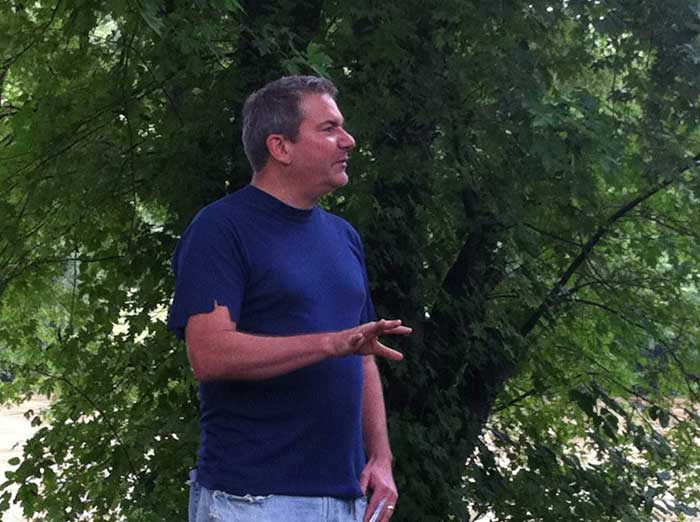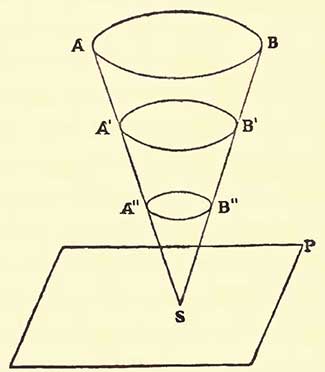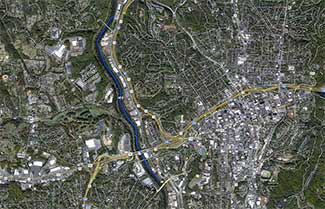


July 27, 2013
French Broad River, Asheville, North Carolina, US
a Media Arts Project Off the MAP event
Curt Cloninger gives a brief lecture on the banks of the French Broad River in Asheville, North Carolina, about psychogeography, the Situationist practice of dérive, and Henri Bergson's understanding of time, memory, matter, and the mind. After Cloninger instructs participants in the finer points of subjectively drifting through time in order to reclaim it, participants drift downriver in floating tubes. The last person to reach the destination (The Bywater Bar) is crowned the winner.


explain DEBORD's derive (drift through city via attraction/repulsion). a metaphorical drift.
river sets tires and humans horizontal. what was moving you forward is now spinning you round. the river has most of the locutionary agency now.
so... with the river taking care of space, humans can focus less on space and more on time. might there be a way to derive/drift through time, attracted to certain memories and repulsed by others? (Can't we already do this without drifting on a river? how does a river help?)
BERGSON on matter/memory >> memory not stored any "where." we have total recall. present tense matter acts as a filter. the cone. (the kitten experiment >> bodies in space give meaning to vision). Dreaming: everything comes up and connects, because there is no matter filter.
so on a river, there are fewer things to demand our immediate attention. More like dreaming. [note: sitting still demands even less attention than drifting (hence daydreaming), but sitting is not moving forward; movement prompts a different kind of remembering. riding in a train is also passive movement forward, but the quality of train passage is more detatched, convoluted, less directly connected to the world. riding a horse is moving forward, but riding is less passive than drifting.]
--------------------
A bit about the artificiality of the nature/culture divide:
Traffic sounds, the smell of sourwood. the river is a way to experience western north carolina that is not exclusively "rural" or "urban," "natural" or "manmade." the idea of nature apart from humans is a manmade idea from romanticism. humans are always a part of nature, and the things we build are "natural." (maybe not ethically beneficial or sustainable, but not merely because they are "un-natural.")
--------------------
actualizing the virtual. WHITEHEAD's process of ingression. an egyptian pyramid as a particularly long and related series of micro-events (bergson would say a single enduring event) rather than a discrete object. everything (and humans) constantly becoming.
What agency do we have to navigate/drift through memories? PROUST suggests not a lot. The sound of a spoon on a plate throws him backwards in time, the taste of a madeleine cake. involuntary experiences. So maybe this drift is just a futile experiment.
Anyway, some suggestions...
1) passively drift as much as possible (although you will have to purposefully navigate some). [Don't fear waves/troubled waters >> that's the riverbed dropping in steps. river's so high now, it's well over most rocks.]
2) Don't be bothered by the mix of man-made/natural. try to enjoy it for what it is -- our world, right now.
3) don't wear a watch, don't worry about winning/losing.
4) enjoy time with friends, but let yourself go solo for at least a while.
5) be attentive to your own memories. don't strain (drifting is not forcing), but maybe something will arise, having been primed but unbidden.
++++++++++++++++++++++++++++
announce about bridge landmarks and Bywater Bar sign. Bywater is closed. beer at Wedge.
share your email, get people to send you >>
1) their name
2) how much time they felt like they spent
3) how much time they actually spent (discovered once they got out)
4) any past memories, thoughts, critiques, or anything else they want to share.